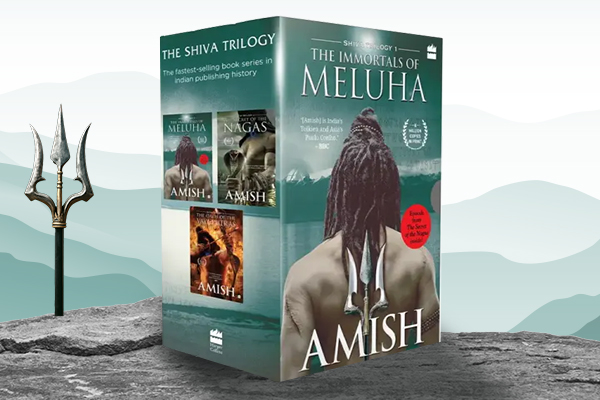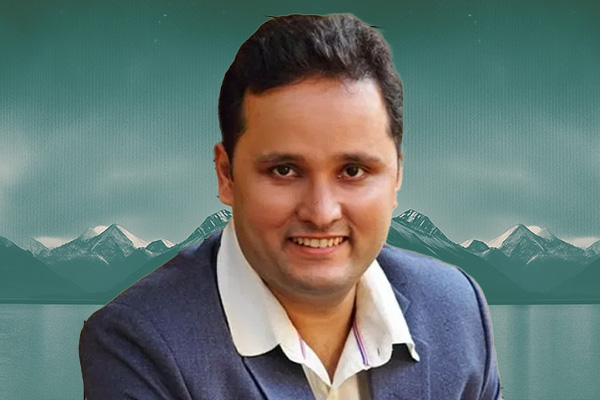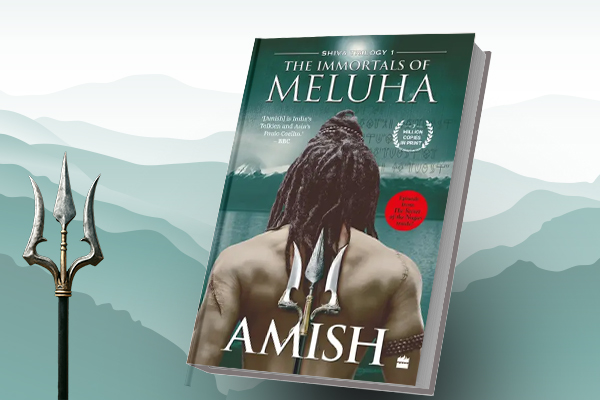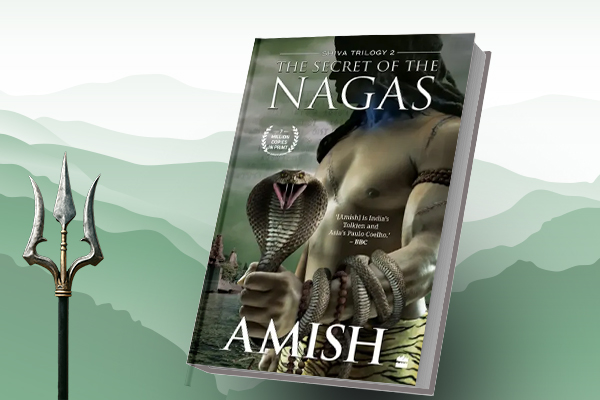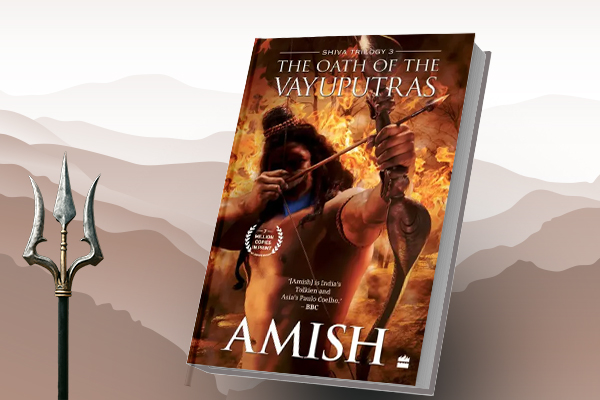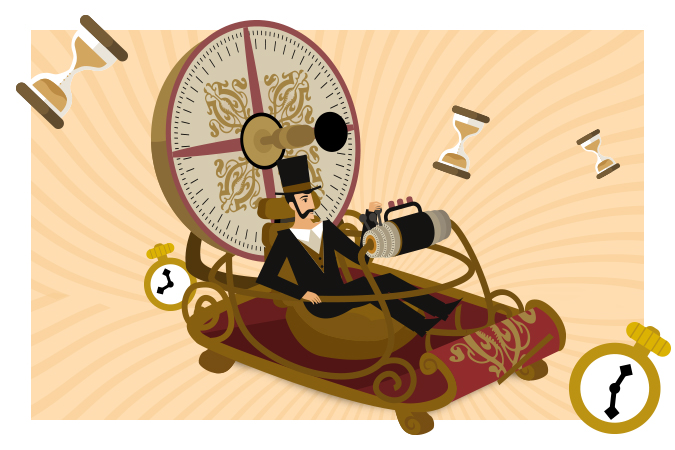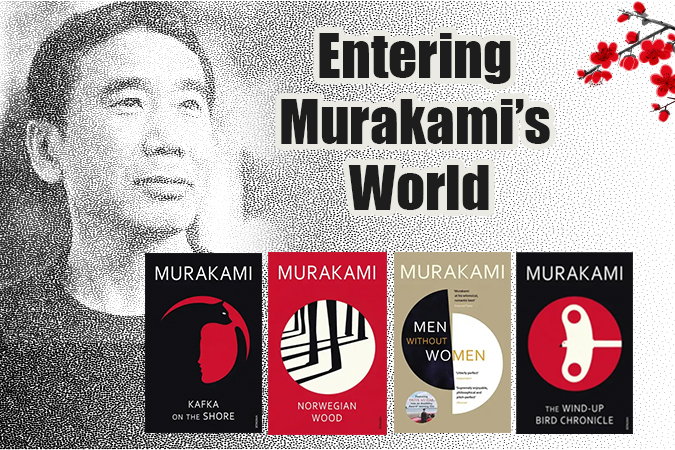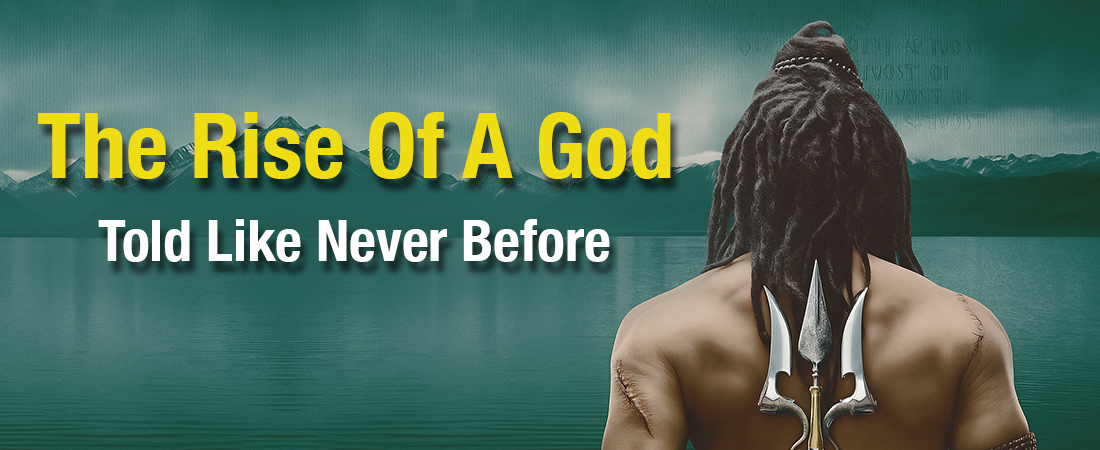
The Shiva Trilogy Explained: Plot, Characters, and Key Themes
When Amish Tripathi’s The Immortals of Meluha first released in 2010 it caught the Indian readers by storm. It ushered in a new era of Indian mythology books. This gripping series has redefined how we read mythology in modern India. Together with The Secret of the Nagas and The Oath of the Vayuputras the three books make up The Shiva Trilogy.
For the curious and fans of the genre, here’s everything you need to know about The Immortals of Meluha series, as they are more popularly known, including common questions like “Is The Immortals of Meluha based on a true story?”
What Is The Shiva Series About?
The Shiva Trilogy by Amish Tripathi is a mythological fiction series that reimagines Lord Shiva as a historical human being, an ordinary man who rises to become a legend through his choices and actions. It’s a modern retelling rooted in Indian mythology but presented through the lens of fantasy, philosophy, and political intrigue.
Set in an alternate version of ancient India (around 1900 BCE), the series follows Shiva, a Tibetan tribal leader who migrates to the near-perfect empire of Meluha. There, he’s identified as the prophesied saviour known as the Neelkanth, believed to be the destroyer of evil.
But Shiva soon realises that the idea of evil isn’t always clear-cut. He’s drawn deeper into the political, moral, and military complexities of the subcontinent. Now, he’s forced to make choices that will determine the fate of civilizations.
With a blend of action, philosophy, politics, and spiritual quests, the books reimagine Lord Shiva not as a god, but as a mortal who rose to greatness by choice, not birth.
What makes The Immortals of Meluha and the other books in the trilogy so compelling is its accessibility. You don’t need to know Sanskrit texts or epics to enjoy it. The story is fast, the language is simple, and the themes—morality, leadership, faith—hit home. This is mythology reimagined for the modern mind.
Who Is Amish Tripathi?
Before becoming one of India’s most widely read authors, Amish Tripathi was a banker. He swapped spreadsheets for stories, and thank the literary gods for that. His breakout hit, The Immortals of Meluha, marked the start of the Shiva Trilogy and took the publishing world by storm.
With his background in history, culture, and management, Amish had a unique lens—mythology wasn’t just divine tales; it was human drama. His books bring together ancient legends with fast-paced plots and relatable characters. That’s his trademark: retelling stories you thought you knew, and making you see them in a whole new light.
The Shiva Trilogy: Book-by-Book Breakdown
Let’s walk through the trilogy that changed Indian publishing forever.
Set in 1900 BCE, this first book introduces us to Meluha, a near-utopian empire founded by Lord Ram and sustained by a sacred elixir called Somras. When Shiva, a tribal warrior from Mount Kailash, migrates to Meluha, his destiny changes forever. After drinking Somras, his throat turns blue, marking him as the legendary Neelkanth, the destroyer of evil foretold in Meluhan prophecy. But as Shiva is swept into political turmoil, he begins to question who the real evil is. The book combines spiritual symbolism with gritty action, introducing key characters like the fierce warrior-princess Sati, Meluhan king Daksha, and the mysterious Chandravanshis.
The second book picks up right where the first left off, with Shiva on a mission to uncover the truth behind the mysterious and feared Nagas, deformed outcasts long believed to be enemies of Meluha. As he travels across ancient India, the mystery deepens, revealing unexpected connections to Sati’s past and exposing political manipulation on all sides. This book expands the world significantly, introducing cities like Kashi, powerful new allies like Parvateshwar and Ganesh, and sinister secrets that turn assumptions on their head. The moral grey zones begin to widen, forcing Shiva to rethink what evil really means.
The final book in the trilogy brings the saga to an epic conclusion. Shiva, now transformed into a true leader, discovers the devastating truth about the Somras—the elixir that gave Meluha its glory but now threatens to destroy the subcontinent. As he prepares for the ultimate confrontation, he encounters the secretive tribe of Vayuputras, the original protectors of dharma, and must make a decision that could either save or doom all of India. The climax is intense and philosophical, blending personal sacrifice, large-scale war, and emotional reckonings. Every thread—love, faith, destiny, and choice—comes full circle in a dramatic, bittersweet finale.
Why The Immortals of Meluha Deserves a Film or Series
There’s been buzz for years about adapting The Shiva Trilogy for screen—and rightly so. Its cinematic storytelling, unforgettable characters, and epic visuals make it ripe for a film or web series. While author Amish Tripathi recently confirmed the rights are no longer with Karan Johar and there’s no immediate plan for a movie, fans can’t help but hope.
The Shiva Trilogy was confirmed for a web series adaptation in 2022, with Shekhar Kapur and Suparn Varma attached to the project. However, no updates have surfaced since, leading fans to speculate that the project may have been shelved.
If you’re hunting for book recommendations that are both entertaining and thought-provoking, The Shiva Trilogy is a sure bet.
It also pairs well with Devdutt Pattanaik books, if you love exploring Indian mythology through different lenses.
More reading recommendations: If you like Indian mythological fiction, here are some helpful book recommendations:
Books Like ‘Kalki 2898 AD’: Dive into Indian Mythological Fiction
Akshat Gupta and The Hidden Hindu: The Rise of a Modern Mythologist

